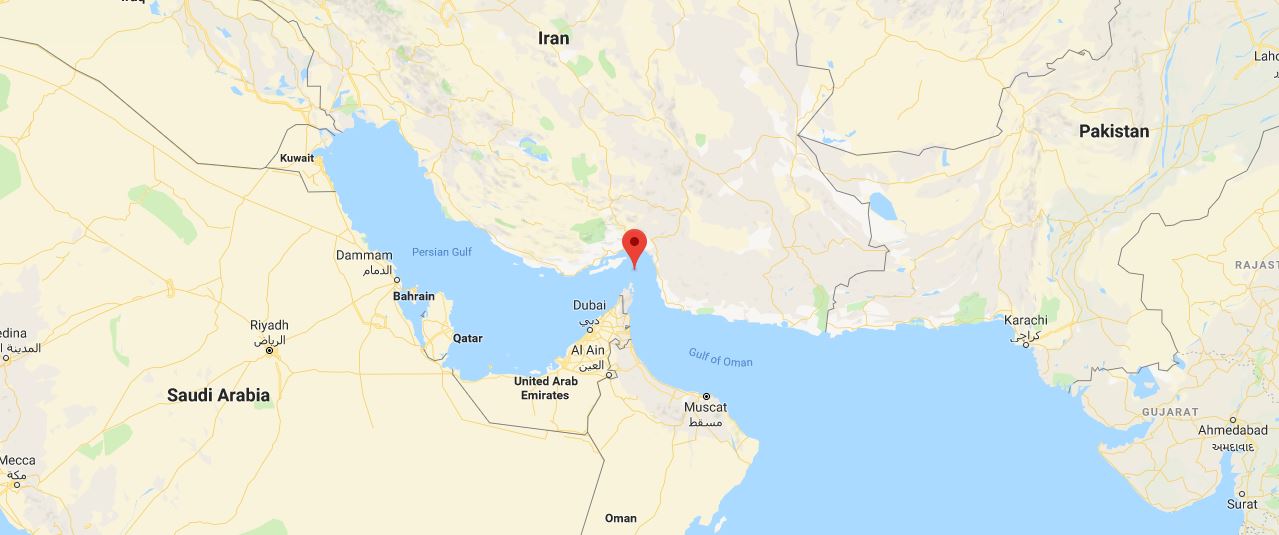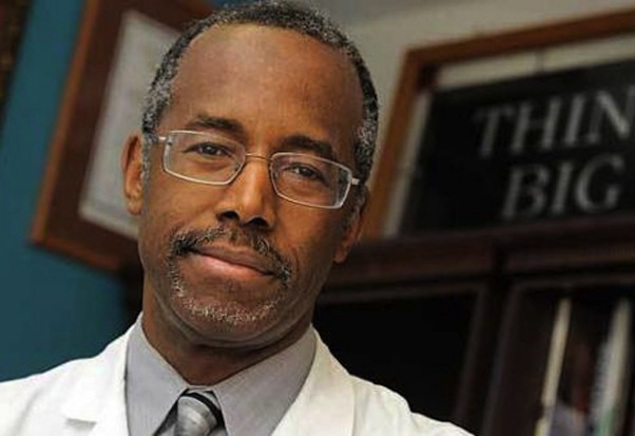 Wake up. The LDAMM don’t want you to be aware. This is why. Important news takes a back seat to ATIP: Anti-Trump Identity Politics.
Wake up. The LDAMM don’t want you to be aware. This is why. Important news takes a back seat to ATIP: Anti-Trump Identity Politics.
Focusing back, nothing moves particularly rapidly in the Muslim world, hence the headline.
What does inshallah mean? “If Allah wills.”
A convenient excuse for being late or early or whatever. That’s how the ME version of Islam works. It doesn’t operate on Western time frames. Period. That said, from Reuters.com:
U.S.-Iran tensions rise over oil route as EU tries to save nuclear deal
by Bozorgmehr Sharafedin
LONDON (Reuters) – The U.S. Navy stands ready to ensure free navigation and the flow of commerce, the U.S. military’s Central Command said on Thursday, as Iran’s Revolutionary Guards warned they would block oil shipments through the Strait of Hormuz if necessary.
A blockade? It would seem potentially so. Continuing with Reuters.com:
With tensions rising over the strategic waterway, the European Union is proposing a plan for salvaging a multinational nuclear deal with Tehran after Washington withdrew, but Iranian President Hassan Rouhani told leaders in Paris and Berlin on Thursday that the package did not go far enough.
Rouhani and some senior military commanders have threatened in recent days to disrupt oil shipments from the Gulf countries if Washington tries to strangle Tehran’s exports.
Praising Rouhani’s “firm stance” against the United States, the head of the Revolutionary Guards said their forces were ready to block the Strait of Hormuz which links the Gulf to the open sea.
Again, it’s Trump vs Obama and Obama’s cementing of deals deleterious to the United States of America because, after all, Obama believed then and believes now that this country must “atone” for its prior myriad of faults.
In May, U.S. President Donald Trump pulled out of the deal under which sanctions on Iran were lifted in return for curbs to its nuclear program. Washington has since told countries they must stop buying Iranian oil from Nov. 4 or face financial measures.
Mohammad Ali Jafari, who commands the Islamic Revolutionary Guard Corps, Iran’s most powerful military force, responded on Thursday.
If Iran cannot sell its oil due to U.S. pressure, then no other regional country will be allowed to do so either, Jafari was quoted as saying by Tasnim news agency. “We are hopeful that this plan expressed by our president will be implemented if needed,” he said. “We will make the enemy understand that either all can use the Strait of Hormuz or no one.”
Translated: no other Middle Eastern country. Hence, the blockade. The Strait of Hormuz is one of the world’s most strategically important choke points on the planet. This little salient bit:
The strait is the most important oil transit channel in the world with about one fifth of global oil consumption passing through each day.
The US would simply find that unacceptable for us and, of course, everyone else dependent upon Middle Eastern oil shipments.
Here was the issue six years ago.
It’s an issue of oil, and it’s an issue involving the freedom of waterways.
I hope Iran doesn’t believe our president isn’t resolute.
BZ




